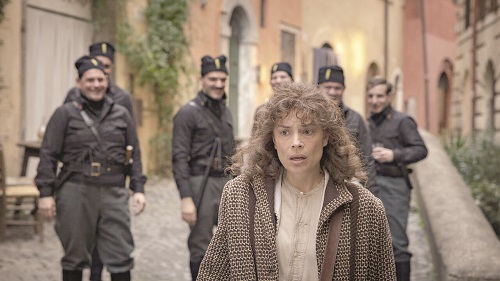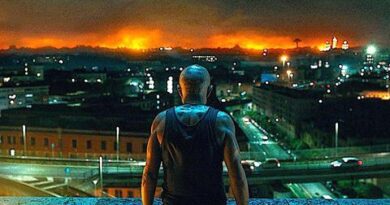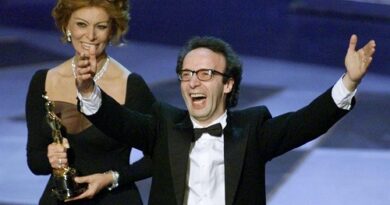“Elena of the Ghetto”, a Timely Story
TORONTO – It would seem that we are living in a period overpopulated by Cassandra figures. Stefano Casertano’s debut film Elena of the Ghetto might well spark that debate. His film, which is based on the real life of Elena di Porto, cuts Elena a Cassandra figure when her warnings of an impending Nazi roundup in Rome’s Jewish ghetto are blanketly ignored. For reference, in Greek mythology, Cassandra was a prophet that no one believed. The delineation between Elena and today’s would-be soothsayers, is that she was actually living through a Nazi occupation.
The film is set during the relentless rise of fascism in Italy (1938-1943) in which Mussolini installed the Regio Decreto. The racial law stripped Jews of their assets, restricted their travel, banned Jews from public office, higher education and banned books authored by Jews. Elena di Porto, a resident of Rome’s Jewish Ghetto at the time, had heard from a reliable source that her community was going to be rounded up. But her forewarnings were ignored.
Micaela Ramazzotti portrays Elena in the film, a mother of two who survived as a street vendor and housekeeper. She was nicknamed “the madwoman of Piazza Giudia” for her rebellious and non-conformist nature. Her intolerance for injustice ultimately led to her death in October of 1943, when Germans arrived to clear the ghetto. Di Porto gave herself to the SS and was deported to Auschwitz, never return home. Her surrender, though futile, was an attempt to save her people from the Nazis.
A last open challenge to the enemy. “I wanted to bring her back to the audience as a living, breathing woman. Driven not by fear but by courage, who at times could be dangerous to herself and others”, commented Ramazzotti at Rome’s red carpet on Tuesday. Continuing, “She was the only one who realized that danger was just around the corner, and when she got into that van, she did so knowing that she would die with the others”.
The Director also spoke about Elena’s indomitable spirit at Rome’s Film Festival this week: “Elena was considered mad, but she was not. She simply urged people to rebel against the constraints of the time… like a Cassandra, who was not believed. In her madness, she perceived things that no one in her community could understand. But in the end, who is the real madman? The one who allows himself to be subjugated by the situation or the one who, remaining true to himself, somehow manages to rebel?”.
Tracking audience reaction to the film will be interesting, given the chasm between how conservatives and progressives perceive our current political and cultural landscape.
“Would be” Cassandras abound in 2025. Some in Italy tag Meloni as a “far right fascist” and a “neo-Nazi at heart”. While in America, screen legend Robert De Niro recently proclaimed that Stephen Miller is the “Goebbels of the cabinet” and “a Nazi”.
Images courtesy of RAI Cinema
Massimo Volpe is a filmmaker and freelance writer from Toronto: he writes reviews of Italian films/content on Netflix






